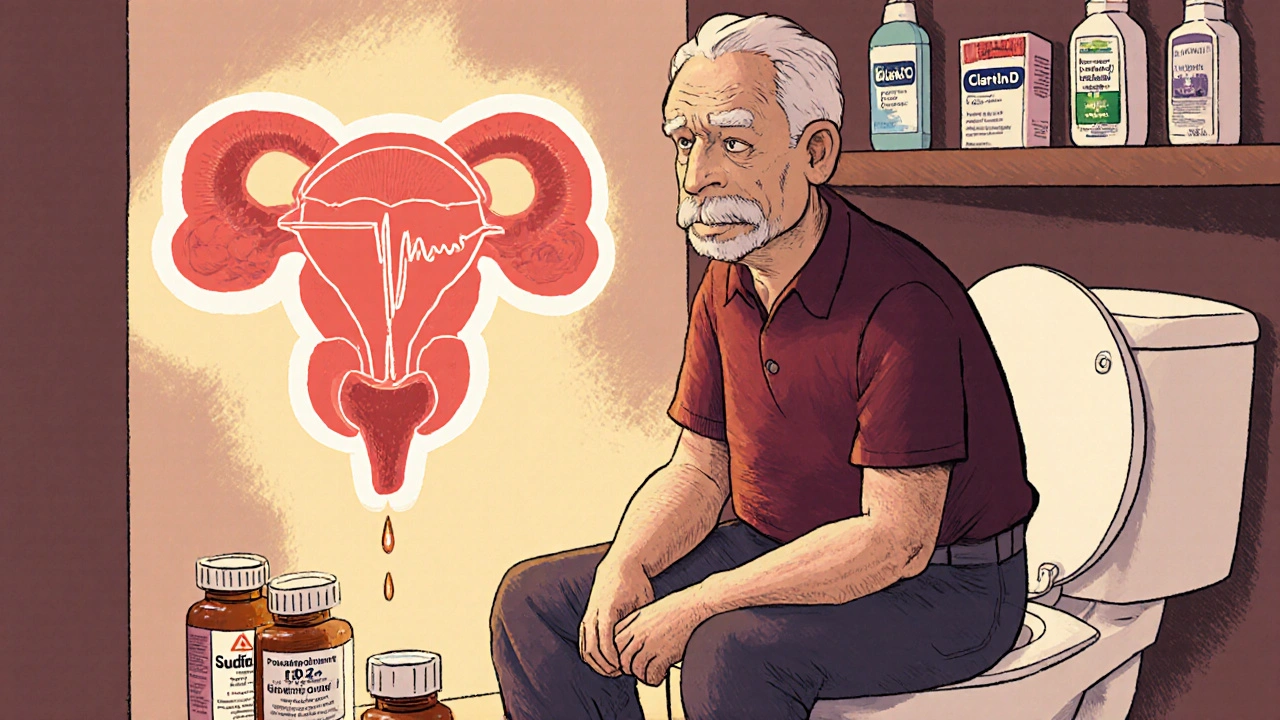Decongestants: What They Are, How They Work, and What to Watch For
When your nose is blocked and breathing feels like a chore, decongestants, oral or nasal medications that shrink swollen blood vessels in the nasal passages to improve airflow. Also known as nasal decongestants, they’re one of the most common over-the-counter remedies for colds, allergies, and sinus pressure. But not all decongestants are created equal. Some work fast but don’t last long. Others are behind the pharmacy counter because of strict rules. And a few might do more harm than good if you have high blood pressure or heart issues.
The two main types you’ll find are pseudoephedrine, a powerful oral decongestant that’s effective but tightly regulated due to its use in making illegal drugs and phenylephrine, a common alternative found on shelves, but recent studies suggest it may not work much better than a placebo for many people. Nasal sprays like oxymetazoline give quick relief but can cause rebound congestion if used longer than three days—meaning your nose gets worse after you stop. This isn’t just a myth; it’s a well-documented cycle that sends people back to the pharmacy in a loop.
Decongestants don’t treat the cause of your congestion—they just mask it temporarily. If you’re using them every day for weeks, you’re not healing. You’re relying on a Band-Aid. People with thyroid problems, glaucoma, or prostate issues should avoid them without talking to a doctor. And if you’re on blood pressure meds, mixing decongestants can spike your numbers dangerously. The FDA has flagged these risks for years, yet many still grab them without reading the label.
What you’ll find in the posts below isn’t just a list of products. It’s a clear look at what works, what doesn’t, and what you might be risking without knowing it. You’ll see how decongestants compare to other remedies, why some formulas are being phased out, and how to avoid the traps that turn a quick fix into a long-term problem. Whether you’re dealing with seasonal allergies or a stubborn cold, this collection gives you the facts—not the marketing.

- 10 Comments
Men with enlarged prostates face serious urinary retention risks from common decongestants like pseudoephedrine. Learn which cold meds to avoid, safer alternatives, and what to do if you can't urinate.
